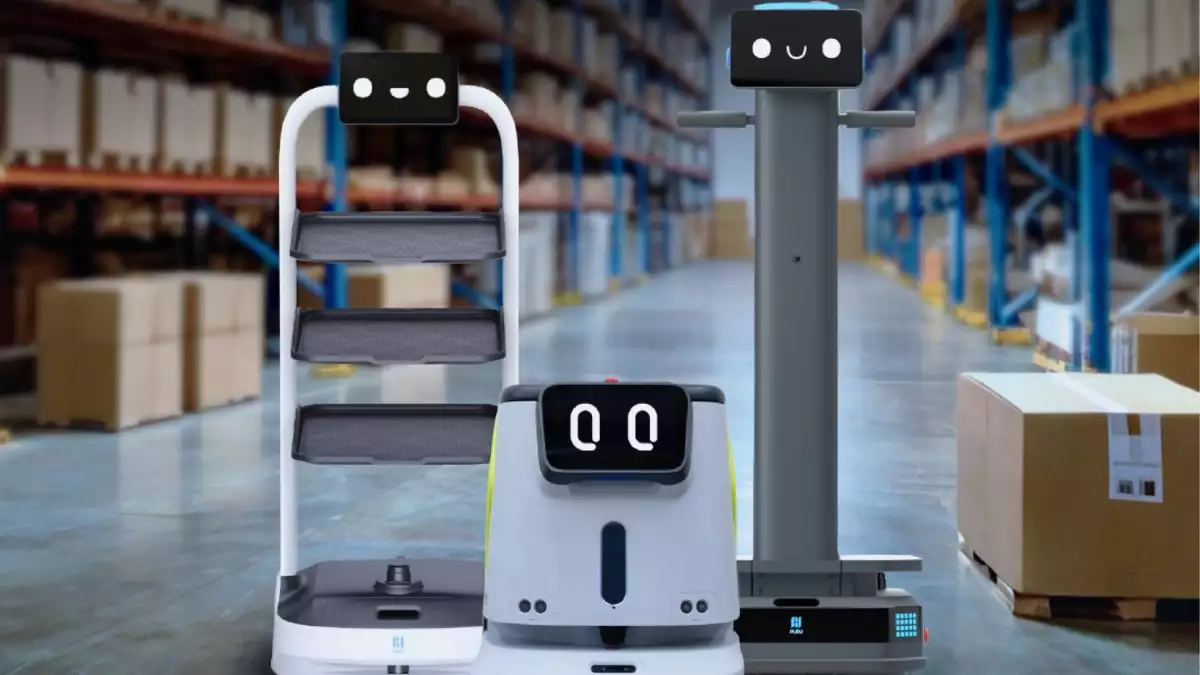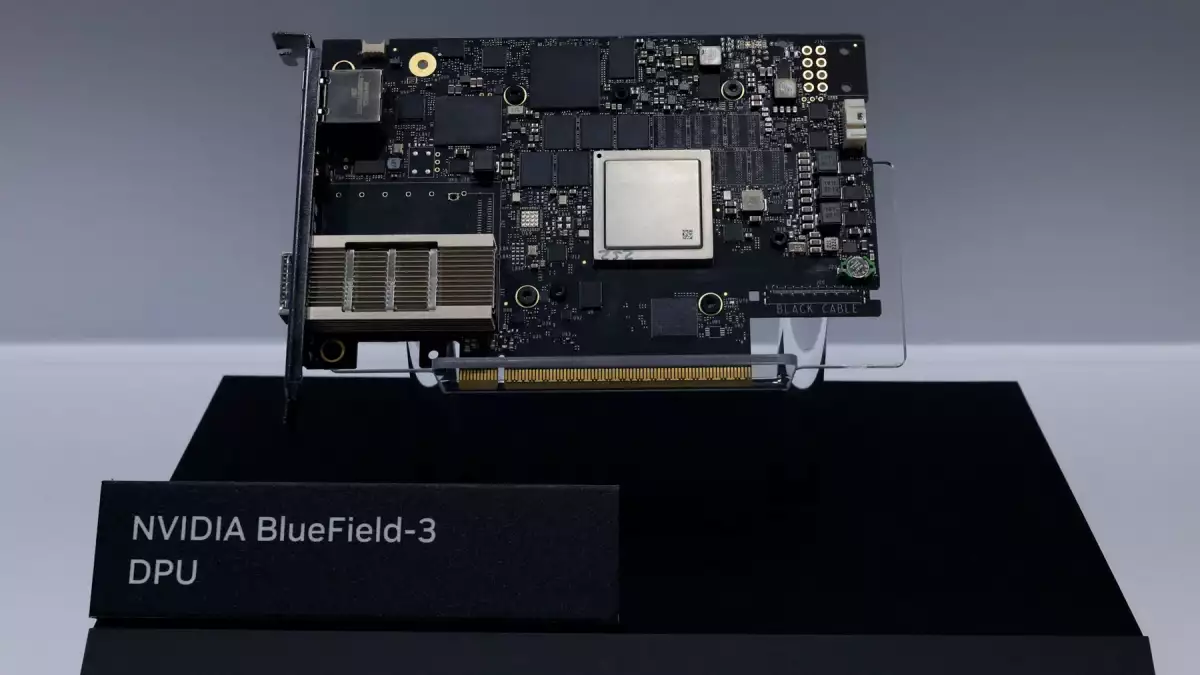
Technology predictions for 2025: from service robots to quantum computing
Another year is coming to an end and with the close of 2024, new projects are coming from technology companies in the coming months.
During 2024 there was a clear trend towards research and implementation of Artificial Intelligence in multiple solutions and products, but as the new year approaches, companies are beginning to give hints about their technological bets.
According to Deloitte’s Technology, Media, and Telecommunications 2025 Predictions report , there will be some tools that will remain on companies’ radar, but others will become more specialized.
Quantum computing
The UN has declared 2025 the International Year of Quantum Science and Technology, which could boost research and development in this field, but some announcements by technology companies also anticipate their commitment to this topic.
With the arrival of Willow, Google's quantum computing chip featuring 105 high-quality qubits, it is possible to perform calculations that would take the most advanced supercomputers billions of years to complete.
One of Willow's most notable features is its ability to exponentially reduce quantum errors as the number of qubits increases. This breakthrough opens up the possibility of building useful large-scale quantum computers, capable of solving complex problems in fields such as medicine, energy and materials science. While IBM and Siemens also have stakes in this type of technology.
Artificial intelligence and machine learning
Artificial intelligence (AI) will become an essential resource for all industries and professions. Like technological innovations of previous eras, this tool is set to transform the work landscape. Mainly in more repetitive tasks. This will allow professionals to focus on strategic activities, critical thinking, and complex problem solving.
In this regard, Luis Gonçalves, president of Latin America at Dell Technologies, emphasized that "it is crucial that employees have the proper training, the right tools and the necessary training to take advantage of generative AI."
Among the main trends that AI will also have will be a search to reduce the gender gap in the adoption of generative AI technologies. Meanwhile, this tool will be seen integrated into smartphones and PCs, equipment that could become smarter, improving its performance and capabilities.
More robots and autonomous vehicles
According to Statista, the global robotics industry revenue is projected to reach $37.64 billion by 2025, with service robots nearly quadrupling the revenue of industrial robots. This growth is attributed to the adoption of robots in diverse areas, such as logistics, hospitality, services, and medical work.
For example, global shipments of robotic vacuum cleaner units are projected to increase significantly between 2015 and 2025.
A report by Mordor Intelligence predicts the global autonomous car market will reach a size of $41.1 billion by 2024 and grow at a CAGR of 22.75% to reach $114.54 billion by 2029.
Generative AI Autonomous Agents
By 2025, 25% of companies using generative AI will be able to implement intelligent agent pilot programs, which could transform diverse business processes.
Needed Education’s digital maturity report notes that 90% of the companies interviewed already have pilot projects or tests in generative artificial intelligence. Large organizations, with global resources, move more slowly due to legal requirements, while local companies execute pilots more quickly.
According to the same report, up to 70% of the tasks that currently occupy workers' time will be impacted, largely by the use of tools like this.
"AI agents are a big deal, and if you don't know what they are yet, now is a great time to learn about them because this is going to be a fundamental shift in how we're going to deploy and build enterprise AI systems. And it's pretty powerful and additive to what we have today," said John Roese, in a Dell Digital Predictions report.
Leave a comment:


Tranding News



.png)
.webp)





